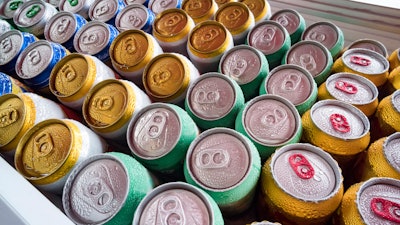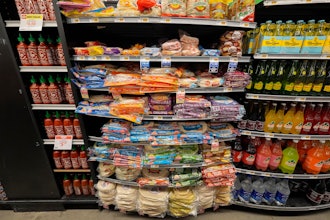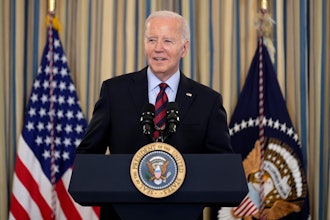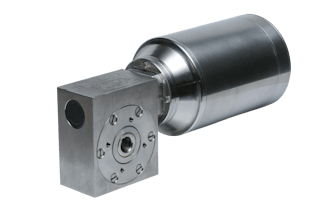
WASHINGTON — New research reveals that aluminum tariffs continue to drive up costs for American businesses and hardworking American families. In the nearly six years since Section 232 tariffs on aluminum were imposed, the American beverage industry has paid more than $2.175 billion in unnecessary fees.
The research conducted by HARBOR Aluminum on behalf of the Beer Institute found that the U.S. beverage industry paid $2.175 billion in Section 232 tariffs on 10.295 million metric tons of aluminum since their implementation. Of that amount, only $135 million (6%) went to the U.S. Treasury. HARBOR Aluminum estimates U.S. rolling mills, U.S. smelters and Canadian smelters received $2.04 billion (94%) of the total by charging end-users – such as U.S. brewers – a tariff-burdened price regardless of whether the metal was meant to be tariffed based on its content or origin.
“After almost six years, the American beverage industry has paid nearly $2.2 billion in unnecessary fees since Section 232 tariffs on aluminum were implemented,” said Brian Crawford, president and CEO of the Beer Institute. “Brewers and countless hardworking Americans in industries that depend on aluminum have been taking it on the chin for far too long. The reality is that Section 232 tariffs hurt far more than they help, and they hurt consumers who are already feeling the effects of inflation at the register. We are reiterating our call to the Biden administration to lift these harmful tariffs and deliver much-needed relief to the 2.4 million Americans whose livelihoods depend on beer, as well as the millions more working in critical manufacturing industries who rely on aluminum.”
There are more than 6,600 breweries in the United States, supporting nearly 2.4 million American jobs and contributing more than $409 billion to the U.S. economy. Brewers and beverage producers of all sizes pay a higher price for aluminum because rolling mills and smelters include tariffs in their prices – regardless of whether the metal is subject to Section 232 tariffs. Paying a tariff-laden price on all aluminum drives up costs for producers and makes consumer goods more expensive.
Imported primary aluminum and cansheet are critical to the U.S. beer industry as more than 74% of all beer produced in the U.S. is packaged in aluminum cans and bottles. In 2020, brewers bought more than 41 billion aluminum cans and bottles, making aluminum the single most significant input cost in American beer manufacturing.
Additionally, the Beer Institute recently launched MidwestPremiumExposed.org to educate consumers and lawmakers about the Midwest Premium (MWP), an obscure pricing system that allows aluminum producers to charge end-users a tariff on non-tariffed metal. Shining a light on the MWP will bring transparency and competition back to the aluminum market and deliver relief for the brewers and countless other industries hurt by inflated aluminum prices.






















